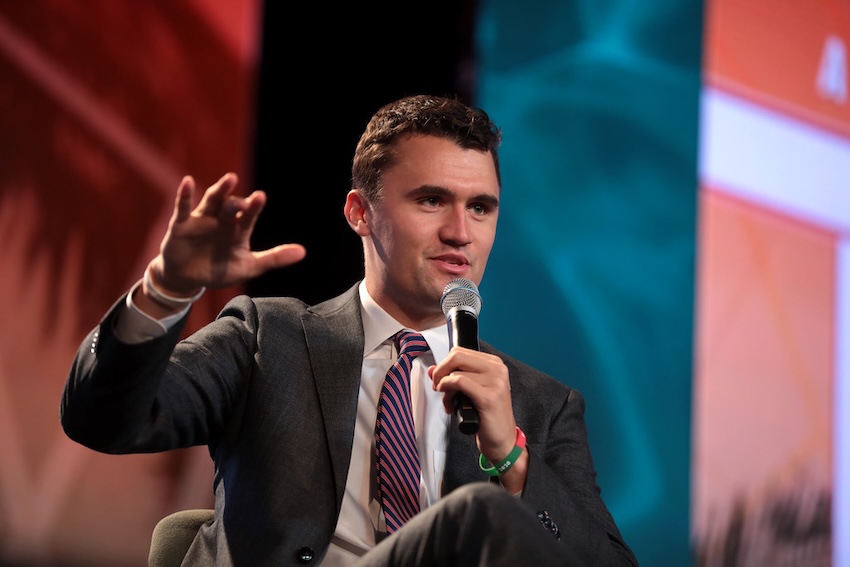Every year the economics classes at FC host a fair on campus that features a variety of products that the students make. This year’s fair consisted of food, fun and fellowship. The purpose of the fair is to teach students how to start and run their own businesses, along with how to manage their money, March 13.
Students were given about a month to prepare for the fair; they were required to write out a budget, come up with an advertising campaign and make their products. Popular items sold at the fair were food, drinks, clothes, accessories and other unique ideas. Economics teacher Robert Foshee stresses the idea of teaching students how to be smart with their money in order to do well in future business situations.
“The task given to the students was to successfully produce and sell a product,” Foshee said. “Students needed to think of an original product, promote it on social networks and create fliers, then sell the product at the Econ Fair. After the fair, we encourage students to look into what made them do well, and what didn’t.”
History and economics teacher Jordana Siebert explains that the purpose of the project was to give students the experience of brainstorming, advertising and producing their own products.
“The point of the Econ Fair was to teach students how to be entrepreneurs, just walking them through the whole process of what it means to think of a product and to get it approved,” Siebert said. “We teach them how to think through how much it costs to make something, how much work goes into making the product, and then once they have a product, how to market it. We want them to become real entrepreneurs.”
Because of the popularity of food products at the fair, Siebert and Foshee usually limit the number of groups allowed to sell food. Some students believe that the food products sold faster simply because it was lunch time and students were hungry. Next year no food products will be allowed.
Senior Dominic Mendoza, who was partners with Kaelene Presson for the project, admits that they did not do as well as he had hoped, but still enjoyed the whole experience.
“We made mini bites: mini donuts with cereal sprinkles on top,” Mendoza said. “It didn’t go as expected, but I feel like we did a good job. I had a pretty good time thinking of a product to make and different ways to advertise.”
The Econ Fair was held in the courtyard in front of Building 6 during lunch. Tables were set up in a rectangular fashion in order to accommodate the needs of the vendors and customers. The vendors were a little worried that the weather would be overcast, but were pleased to see clear skies.
Students who participated in the Econ Fair had mixed reactions to the workload and experience that came with this entrepreneur project. Junior Bobby Christopher thought that the whole set-up of the fair was uncomfortable.
“The tables were so cramped at the Econ Fair that I couldn’t even move,” Christopher said. “I had to crawl under the table many times to either get something for myself or to deliver the products we were selling. Both John [Teixeira] and I made $20 in profit, so it was okay, I guess.”
Junior Sarah Lim made “Denim Packs,” which were backpacks made out of denim. She thought that she and her partner could have made a few changes to make their exhibit better.
“The Econ Fair went well,” Lim said. “It was really fun, but it got really stressful at times, because of all the sewing we had to do for our product. Other than that, though, it was worth the experience. We sold out of all our Denim Packs, but we still didn’t profit with the money we made. I did win the Best Product Award in my class so that was pretty cool.”
These writers can be reached via Twitter: @goob_14 and @Dooooman10. Follow The Feather via Twitter: @thefeather
Editor’s note: Check back soon for an added podcast.
For more features, read the March 15 article, Part 3: Bullying effects hinder students.






